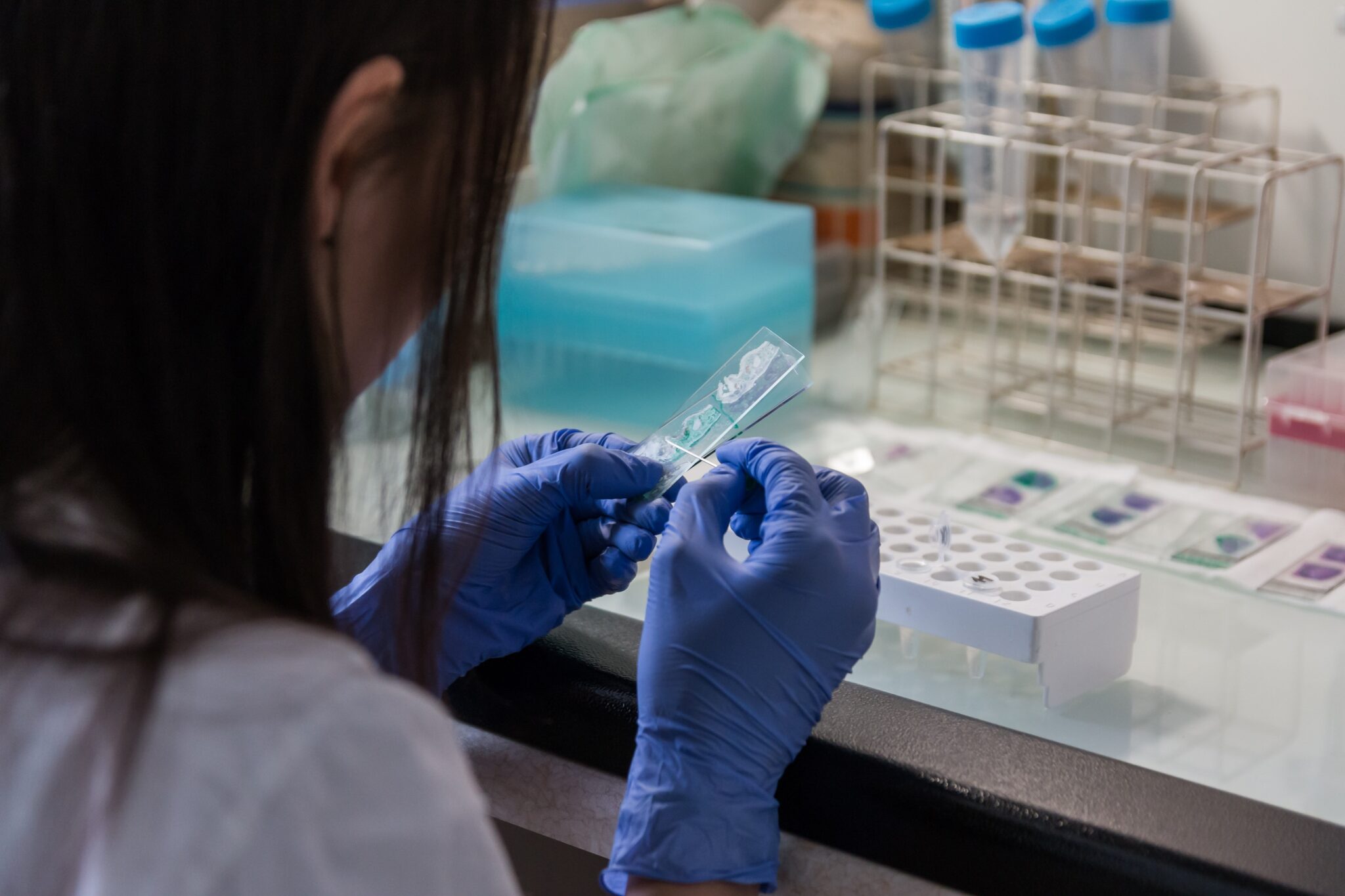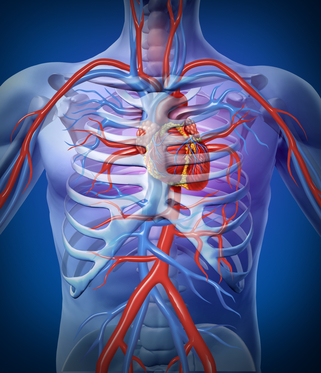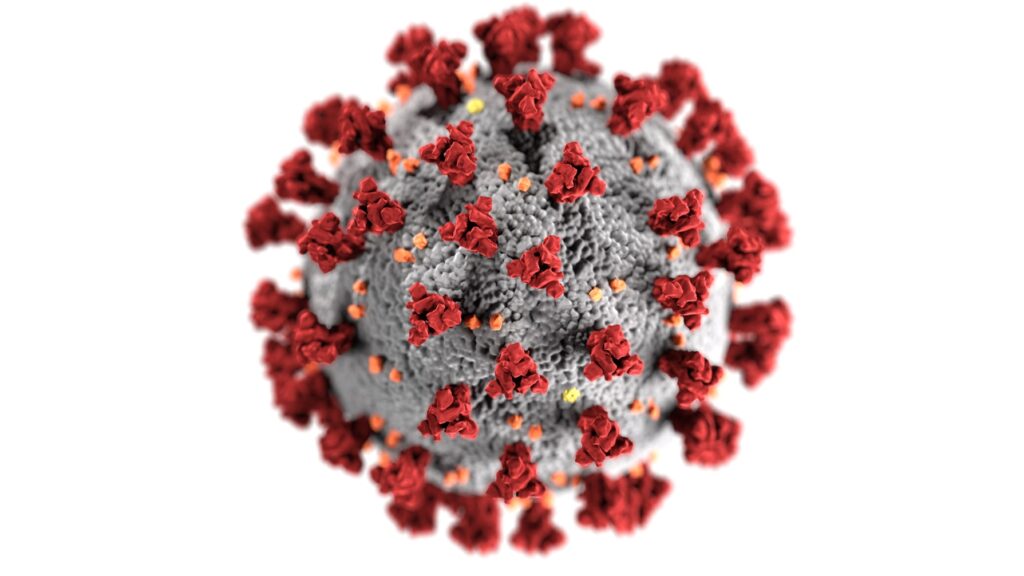treatments;
standard therapy
1. Eculizumab (or Soliris®)
“Soliris®” has been licensed for use in Europe since 2007 and it is administered by way of intravenous infusion once every two weeks on an ongoing basis.
Soliris® is a monoclonal antibody which blocks the complement part of the immune system. It is designed to attach to the C5 protein, which is part of the complement system and by doing so, the medicine blocks its effect and thereby reduces the destruction of red blood cells. It is not curative but dramatically reduces symptoms, the most significant of which is the occurrence of blood clots (which used to be the main cause of death in patients) and allows patients to have the life expectancy of someone without PNH. It has also more recently been used safely in pregnancy, which previously had to be avoided by PNH patients due to the risk of blood clots.


Although available in approximately 40 countries, unfortunately, this treatment is not available to all PNH patients globally due to its very high cost (approximately £300,000 per person per year). Bone marrow transplants can cure PNH but are rarely used due to the risk of severe complications.
Terminal complement (which eculizumab prevents from forming) is required to prevent Neisseria Meningitidis which is a bacteria which can cause meningitis and other forms of meningococcal disease. Therefore patients treated with eculizumab are more likely to develop infections caused by the Neisseria group of bacteria and are required to be vaccinated against these. In some countries, patients are also advised to take daily prophylactic antibiotics to protect them from infection.
Patients treated with eculizumab are provided with a patient safety card to carry with them at all times which states the symptoms of meningitis and tells them what to do if they experience any of these symptoms.
2. Ravulizumab (or Ultomiris®)
Ravulizumab was licensed for use in adults with PNH in the Unites States of America (by the U.S Food and Drug Administration) in December 2018 and in Europe (by the European Medicines Agency) in July 2019. It depends on the Health Technology Assessment process in individual countries in Europe as to whether this treatment is available to patients. Like Soliris®, ravulizumab is also a monoclonal antibody which blocks the complement part of the immune system (also by attaching to C5). It is delivered by 8 weekly infusion into the vein on an ongoing basis.
3. PEGCETACOPLAN (or Aspaveli® in europe or empaveli® in the usa)
Pegcetacoplan is a C3 inhibitor delivered by a sub-cutaneous injection into the abdomen twice weekly. It was licensed for use in the United States of America (by the U.S Food and Drug Administration) in May 2021 and in Europe (by the European Medicines Agency in December 2021). It received a Great Britain Marketing Authorisation from the Medicines Healthcare Regulatory Authority (MHRA) in early 2022.
It is licensed for treating adults with PNH who are anaemic (have low levels of red blood cells) after treatment with a C5 inhibitor for at least three months.
4. BIOSIMILARS OF ECULIZUMAB
Biosimilars of eculizumab are in the making. A biosimilar medicine mimics the effects of a previously approved biological medicine (eculizumab and ravulizumab are biological medicines). They are intended to treat the same disease/s which the biological medicines treats. Biosimilars are not the same as ‘generic medicines’ which are considered to be identical to the original (reference) medicine. For more information on biosimilars please see here.
One biosimilar for eculizumab, Elizaria® is already used but is only available in Russia. We hope the approval of biosimilars will help to push down the price of reference drugs (the drugs which they ‘copy’).
5. New DRUG DEVELOPMENt
More advanced medicines are also in the pipeline which inhibit not only C5, but also C3 and Factor D. As a C5-inhibitor prevents the hemolysis in the blood vessels, a C3-inhibitor does just that and impedes the blood breakdown in the spleen and liver also, resulting in a higher hemoglobin level.
These new medicines are each delivered in their own way, e.g. infusion every fortnight or every 8 weeks, (self-administered) subcutaneous injection twice a week, a pill twice a day etc.
For clinical trials, see below. For more up to date information contact us.

Other supportive treatments
Blood
Transfusions
Blood transfusions can alleviate some of the symptoms experienced with PNH, including anaemia. A blood transfusion can usually be carried out in an outpatient clinic. Once your blood type is cross-matched for antibodies, one unit of blood takes approximately two hours to transfuse into your body. This will usually alleviate the symptoms resulting from anaemia and hemolysis for a period of time (which differs for each person).
Anti-
coagulation
Some patients take medication to thin their blood (such as warfarin or heparin) to reduce the risk of developing blood clots.
Folic
Acid
Folic acid is a vitamin which the bone marrow needs to help it produce blood cells. This can be taken in tablet form.
Allogeneic Bone Marrow Transplant
It is not common for this treatment to be recommended for PNH patients unless there is a severe bone marrow failure co-existing with PNH. It has many significant complications which may occur in some patients.
Iron Supplements and Iron Removal
Iron levels can be both too high or too low in PNH and can depend on what other treatment someone is having. Some patients may need to take iron supplements such as ferrous sulphate and others may need to take medication to reduce the iron in their bodies
Clinical trials
Three times a year we update our overview of clinical trials in PNH taking place in each country. For the latest information on clinical trials you may want to go to the source of our overview which can be found here.
Wellbeing
Wellbeing encompasses many strands including diet, sleep, exercise and management of stress levels. A number of PNH patients report that stress makes their symptoms worse.


quality of life
The PNH Global Alliance is committed to ensuring that the quality of life of patients is measured as accurately as possible in trials, patient registries and other studies. It is not self-evident that higher blood values (e.g. hemoglobin) lead to less fatigue and the ability to concentrate better; this must be demonstrated with a sophisticated measuring instrument, such as the QLQ-AA/PNH 54. A report about this instrument has been created: Design and development of a disease specific quality of life tool for PNH patients. Read the document here.
Patient representative Pascale Burmester from Germany was interviewed by Dr Jens Panse about the meaning of the AA and PNH specific Quality of Life Questionnaire (QLQ -AA/PNH 54). Watch the video of the interview for more information! Subtitles are available in different languages. Please select a language in the settings of the video.
Here is the current QLQ AA/PNH 54 quality of life questionnaire for patients with AA and/or PNH which measures how they have been feeling recently. Patients are asked to try to answer as many of the questions as possible by ticking one of the four boxes. Download the document with questions here.
Click the button below to read how the QLQ AA/PNH 54 is being used in Japan.
Research
Paroxysmal nocturnal hemoglobinuria (PNH) is a rare acquired disorder of hematopoietic stem cells, characterized by hemolytic anemia, bone marrow failure, and thrombosis. A multinational phase III study reported that eculizumab, C5 monoclonal antibody therapy, effectively prevents complement attacks in patients with PNH who suffer from severe hemolytic attacks. As a result, both the levels of complement-induced hemolysis and quality of life (QOL) in patients with high disease activity have improved dramatically.


PNH and covid-19 research
Do PNH patients have the same resistance to Covid-19 as other people? If a PNH patient gets Covid, how does the disease progress? How does eculizumab affect this disease progression? How do PNH patients react to the corona vaccines? Here you can read the research we have found on these topics.
- COVID19 infection in patients on anticomplement therapy: The Leeds National Paroxysmal Nocturnal Haemoglobinuria service experience
- Terminal complement inhibition dampens the inflammation during COVID19
- COVID 19 Infection in A patient undergoing Treatment for Paroxysmal Nocturnal Hemoglobinuria (PNH) with Ravulizumab
- Internet based patient survey on the consequences of COVID-19 lockdown on treatment and medical follow-up of patients with aplastic anemia or paroxysmal nocturnal hemoglobinuria in Germany
- The Aplastic Anaemia Trust announces research to be undertaken by the University of Leeds and the PNH National Service on the effectiveness of COVID 19 vaccines on PNH and AA patients.